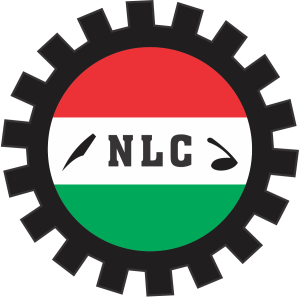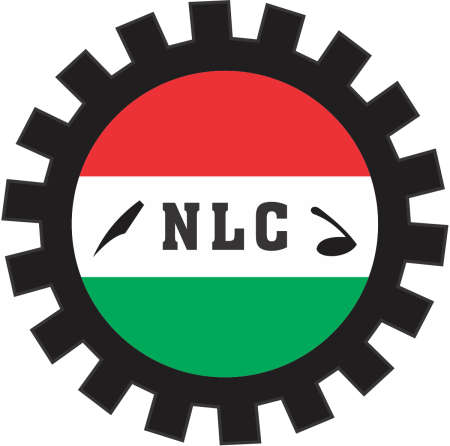The Ghana Shippers’ Authority (GSA), under the leadership of its CEO, Prof. Ransford Gyampo, has intervened decisively to address exploitative exchange rate practices by certain shipping lines operating within Ghana’s ports. These lines were accused of applying inflated exchange rates when calculating port charges, significantly exceeding the official rates established by the Bank of Ghana. This manipulation not only eroded the value of the Ghanaian cedi but also hampered the government’s efforts to reduce business costs at the ports, a critical element in promoting economic activity and international trade. The GSA’s intervention underscores its commitment to protecting Ghanaian importers and exporters from unfair practices and ensuring a level playing field within the shipping sector.
The catalyst for the GSA’s action was a deluge of complaints from shippers across the country regarding these arbitrary exchange rate applications. These shippers, facing inflated costs due to the manipulated rates, found their businesses negatively impacted. Prof. Gyampo recognized the gravity of the situation, understanding that these practices undermined the government’s broader economic strategies and placed undue financial strain on local businesses engaged in international trade. The complaints triggered a formal investigation by the GSA, seeking to verify the claims and gather evidence for potential regulatory action.
The GSA’s investigation confirmed the shippers’ allegations, revealing a widespread pattern of exchange rate manipulation by certain shipping lines. This substantiated the need for intervention and prompted Prof. Gyampo to formally petition the Governor of the Bank of Ghana. This petition highlighted the urgency of the issue and called for immediate regulatory intervention to curb the exploitative practices and protect the interests of Ghanaian businesses. It emphasized the detrimental effects of these inflated rates on the national currency, the cost of doing business, and the overall economic stability of the country.
In response to the GSA’s petition, the Bank of Ghana swiftly convened an emergency stakeholder meeting. This meeting brought together key players in the shipping industry, including representatives from the shipping lines themselves, regulatory bodies, and other affected stakeholders. This facilitated open dialogue and a collaborative approach to addressing the exchange rate issue. The meeting fostered a productive environment, with all parties acknowledging the problem and demonstrating a willingness to find a resolution. The shipping lines, recognizing the validity of the concerns raised, committed to rectifying their practices.
Prof. Gyampo described the stakeholder meeting as productive and lauded the cooperative spirit displayed by all participants, particularly the shipping lines’ willingness to address the problem. This collaborative approach, he noted, was crucial for resolving the issue and ensuring a fair and transparent operating environment within the ports. This positive engagement demonstrated the potential for effective collaboration between the public and private sectors in tackling challenges within the shipping industry. The GSA’s successful intervention not only addressed the immediate issue of exploitative exchange rates but also set a precedent for future engagement and cooperation within the sector.
The GSA’s decisive action in this matter highlights its crucial role in advocating for fair and transparent practices within the shipping industry. By addressing the exploitative exchange rate manipulations, the GSA has protected Ghanaian businesses, stabilized the market, and reinforced the government’s commitment to creating a conducive environment for international trade. The GSA’s continued monitoring of the situation and its ongoing collaboration with the Bank of Ghana and other regulators will be instrumental in ensuring lasting compliance with approved exchange rates and pricing standards, safeguarding the interests of Ghanaian importers and exporters. This proactive approach will be essential for maintaining a stable and competitive shipping sector in Ghana.














